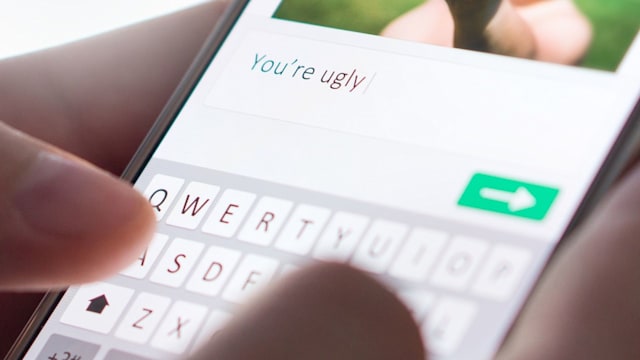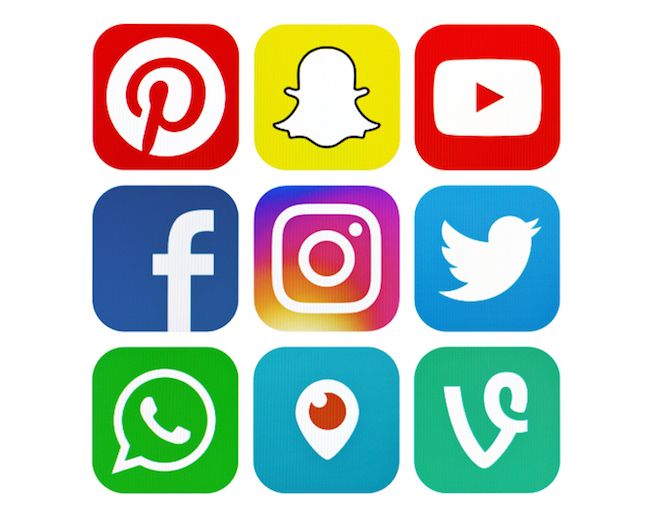There's an estimated total of 44 million social media users in the UK (at Statistica's last count, which was in early 2018). That's 66 per cent of us who are selfie-ing, Story-ing and Snapchatting on the daily – and while many would now count a scroll through Instagram as part of their daily routine, most would also admit it's not long before they spot a nasty comment left by a stranger, to another stranger. In fact, the word 'troll' became much more than a grumpy fairytale character back in 2014, when its Oxford Dictionary definition was updated to include "a person who makes a deliberately offensive or provocative online post."
BRELATED: Join HELLO!'s #HelloToKindness campaign
Caroline Flack who died by suicide on 15 February 2020
Nowadays, it's common for news sites to have anti-trolling systems in place for their comments sections – and the likes of Chrissy Teigen, Gigi Hadid and Amy Schumer are just some of the stars that openly call out online bullies. The Duchess of Sussex, before she joined the royal family, even spoke out about how online negativity affected her. TV presenter Caroline Flack suffered with trolling in the months before her tragic death. But what is the motive behind posting these hateful messages?
"Research has shown that trolls tend to have an inability to build healthy relationships offline," says behavioural psychologist Jo Hemmings. "They are not always the sad, bitter loner that we might expect – and not always men, female trolls are on the increase - but their relationships will certainly lack balance and they may feel that they are not respected enough by their families or partner.
"Often, they lose a sense of responsibility and self-awareness – a process known as deindividuation – and their anonymity means that they have no need to regulate their behaviour online. It's similar to the way people might behave in a jeering crowd or as a football hooligan - normal rules of social engagement are lost in the mass," she adds.
VIDEO: In a conversation with Gaby Roslin about #HelloToKindness
Psychologist Dr Linda Kaye, who is known as 'The Cyber Doctor', explains that 'trolling' is actually considered a more specific form of behaviour. "It's basically people who engage in inappropriate behaviour by posting unfavourable content purely as it is an end in its own right," she says. "The reasons for this have been found to be due to a number of factors, including seeking entertainment value and certain personality traits such as sadism and psychopathy."
Jo reiterates: "They are motivated by status. Attracting attention, hurting or upsetting people, even getting online support from other trolls give them a sense of self-worth and importance that is likely to be lacking in their day to day, offline lives."
As for sending hurtful messages to celebrities and those in the public eye, it's the visibility that bolsters the behaviour, according to Jo. "It amplifies all these elements of course. It's part of the thrill and enjoyment that even those trolls who choose not to be anonymous find even more 'acceptable', as they can easily see inflammatory and malicious comments made by others."
Social media is a brilliant way to connect people and create communities, but it also has a dark side. Join HELLO!'s #HelloToKindness campaign to promote positivity on social media. A kind ethos underpins everything we do at HELLO! and we urge our community to think twice before you post. Find out more about the #HelloToKindness campaign.











